Overview
We all have to manage meetings from time to time. Many of us continue to do it badly, no matter how much practice we’ve had – old habits can die hard. This meeting skills training course will help participants overcome even the most entrenched of bad habits, to get better results without wasting time.
learning objectives
- Know when a meeting is necessary – and when it’s not
- Design sharp agendas and precise outcomes
- Manage time, participants, and discussion with confidence
- Use tools and techniques to keep meetings focused and on track
- Handle challenging behaviours and prevent distractions
- Ensure follow-up actions are clear, owned, and completed
Expert trainer
Graham specialises in providing high-quality consultancy, coaching and training personal productivity, sales and business development, and customer service.
Session outline
1. Do we even need a meeting?
- What is a fast and effective meeting, and why does it matter?
- Spotting unnecessary meetings – and what to do instead
- Choosing the correct format: video call, stand-up, email, or shared doc?
- Who needs to be there? Avoiding bloated invitation lists
- Practical tool: Meeting purpose & payoff checklist
2. Designing a productive agenda
- Defining purpose, outcomes, and flow in under 10 minutes
- Action-focused agendas: topics v questions
- Allocating time and priorities: must-discuss v nice-to-have
- Tip sheet: 5-minute agenda-builder
3. Roles, ground rules, and expectations
- Clarifying roles: chair, timekeeper, note-taker, contributors
- Setting norms: phones away, one speaker at a time, action focus
- Pre-work and preparation: setting expectations in advance
4. Facilitation skills for high-impact meetings
- Starting strong: opening with purpose, agenda, and outcomes
- Steering discussion: the 80/20 rule and keeping contributions on topic
- Using structure: Parking lot, RACI, decision logs
- Staying neutral v contributing: when to step in or step back
5. Managing time, disruption, and group dynamics
- Techniques for time control, without seeming rude
- Handling talkers, derailers, and latecomers
- Keeping remote meetings inclusive and disciplined
- Quick tool: Redirection phrases and polite interruption tactics
6. Wrapping up with clear outcomes and accountability
- Summarising decisions and agreed actions
- Assigning ownership: who, what, and by when
- Using follow-up tools (minutes, shared docs, or project boards)
- Accountability boosters: How to ensure actions happen









